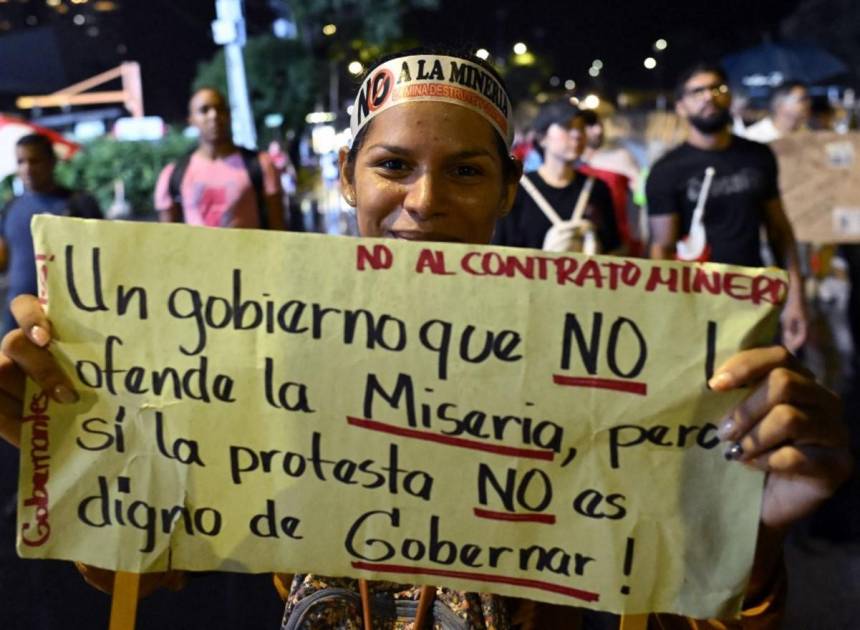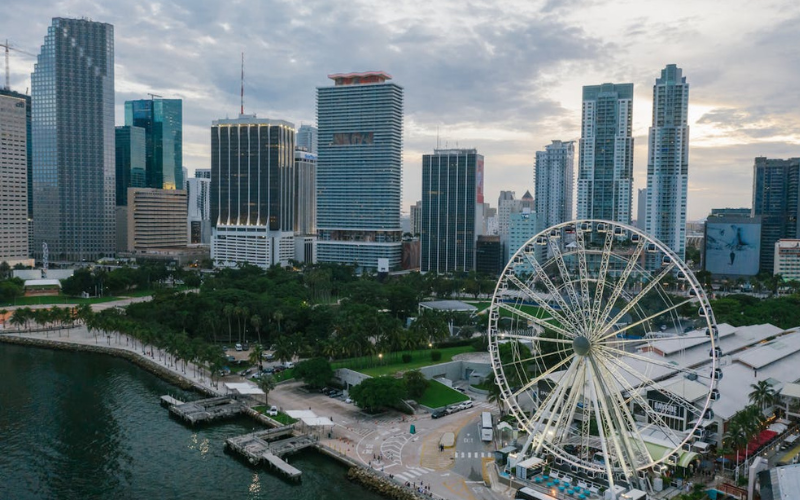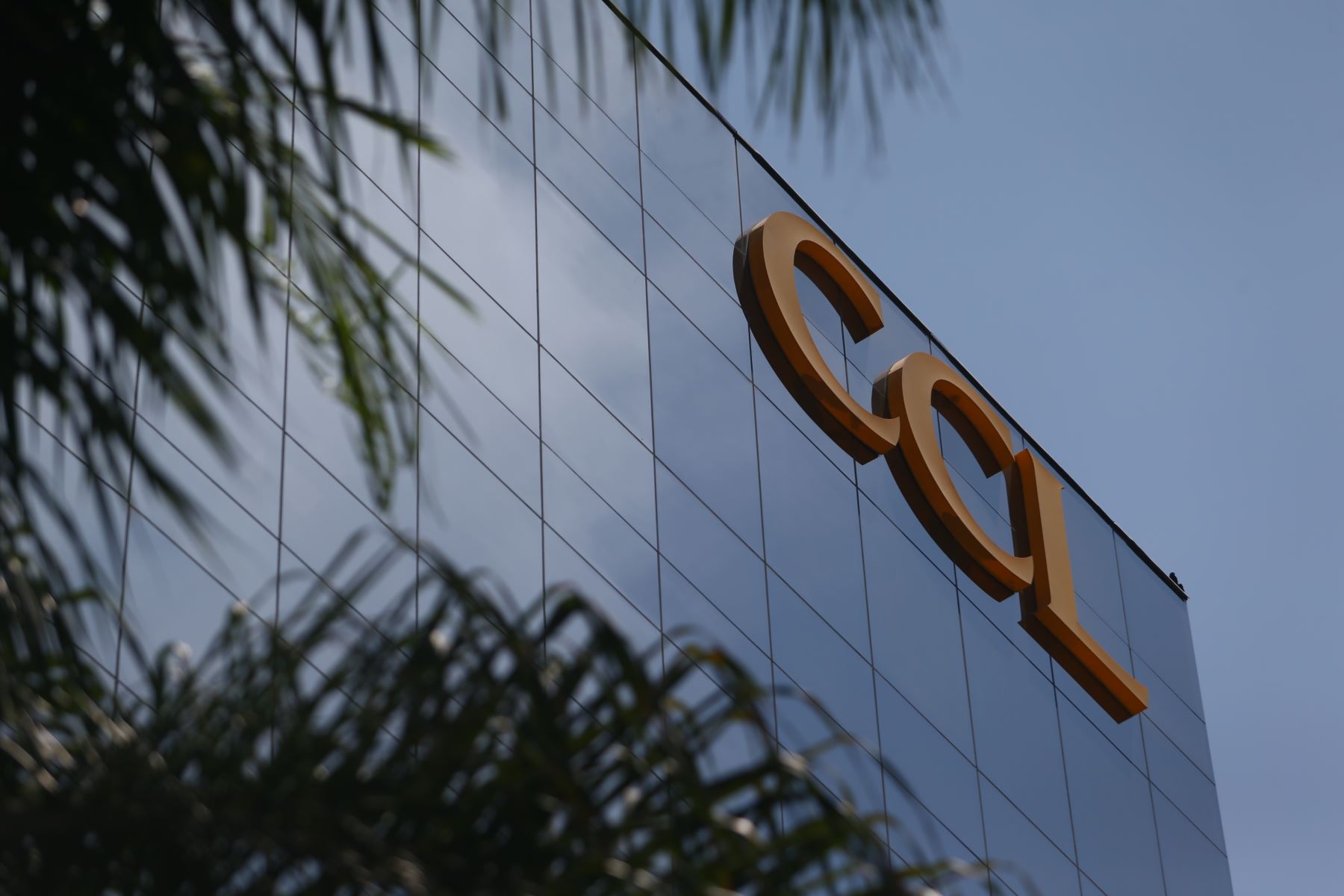Cortizo, who signed the decree in front of the camera, said he made the decision “taking into account the various positions of society regarding the issue of mining,” but his announcement did not calm the spirits of the thousands of people protesting. People, which takes place on Friday in the financial center of the capital.
By Agence France-Presse
Panama’s President, Laurentino Cortizo, announced on Friday a ban on new mineral mining concessions. But it maintained the contract concluded with a Canadian company, which sparked widespread protests a week ago in the country.
The government decided to issue a decree “declaring a ban on granting new mineral concessions throughout the national territory,” Cortizo announced in a message to the country via television, without mentioning a single word about the controversial contract with the company “First Quantum Minerals.”
The president added, “All new mining requests, as well as those currently under processing, will be categorically rejected,” noting that “this ban will be in effect as of today.”
Cortizo, who signed the decree in front of the camera, said he made the decision “taking into account the various positions of society regarding the issue of mining,” but his announcement did not calm the spirits of the thousands of people protesting. People, which takes place on Friday in the financial center of the capital.
– “They are robbing you” –
Thousands of Panamanians demonstrated again to demand the cancellation of the contract with the Canadian company, which operates the largest copper mine in Central America in the country’s Caribbean region.
AFP journalists noted that the crowd gathered in the afternoon on Balboa Avenue, the waterfront adjacent to the capital, and advanced along 50th Street towards the financial district.
“You who are looking, yes, they are robbing you too,” demonstrators chanted under a light drizzle, as they banged pots and pans and waved tricolored Panamanian flags.
The demonstrations began a week ago and thousands of people participated, which is unusual in this country with a population of 4.2 million people.
“The government did not listen to us, and used all means to suppress information,” Felipe Chun, an activist with Get Off the Network, one of the organizations that called for the protest, told AFP.
“The mine was a bad deal for the nation because of the environmental damage it caused,” Alfredo Fonseca, who works in the aviation sector, told AFP.
Initially, mainly workers invited by the powerful construction union participated, but teachers, environmental activists, students, doctors, clergy, transporters and employees from other sectors began to join.
Throughout the week, there were street blockades in the capital and other cities, including the Inter-American Highway that connects the country to the rest of Central America. Classes were suspended throughout the week.
In some areas, riots and clashes occurred between police, who used tear gas, and young people who threw stones and other objects at them.
– “Legislation” –
The protest escalated last Friday after Cortizo passed the law defining the mining contract, which Congress had approved a few hours earlier.
“We have an association [Nacional] “It’s full of ‘legislators’ who care about themselves and not the people they should see,” Ixel Vasquez, 62, who works in real estate, told AFP during the march.
The demonstrators are demanding the repeal of this law that sealed the agreement signed this year between the mining company and the government, which was negotiated after the Supreme Court declared the original exploitation contract unconstitutional in 2017.
The government defends the contract by arguing that it stipulates minimum annual contributions from the mining company to the state of $375 million, ten times the amount of the initial agreement.
In addition, the company and the government indicate that the mine generates 8,000 direct jobs and 40,000 indirect jobs, and contributes 4% of GDP to the Panamanian economy.
The contract allows the mining company to operate in Panama for 20 years, extendable for another 20 years. Since February 2019, the open pit mine, located on the Caribbean coast, has been producing about 300,000 tons of copper concentrate annually.





